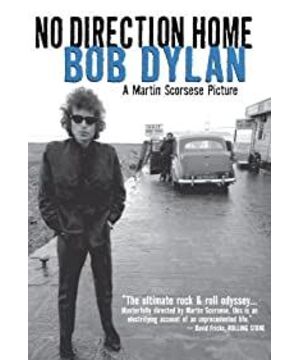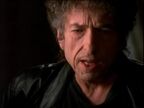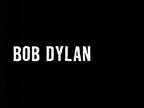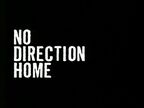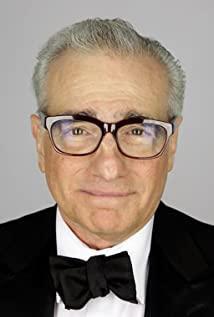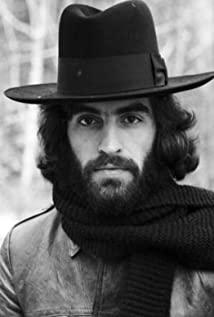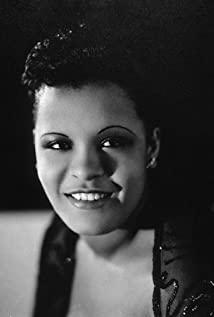The documentary begins with Bob Dylan talking about his views on his entire life. When he was young, he happened to hear a country song at home. That song gave him a strange feeling that he might have been born into the wrong family, with the wrong parents. He felt that when he was born, he was very far from his real home, so he was on his way home all his life; but this home had no clear point of reference, and therefore no clear direction. When I watched him sing Like A Rolling Stone onstage, I could literally feel how he felt.
How does it feel? How does it feel? To be on your own, with no direction home? Like a complete unknown, like a rolling stone.
There are a few parts of the movie that really moved me. Mavis Staples, a black female singer, recalled listening to Bob Dylan's Blowin' In The Wind as a child and saying the following. (Bob was 21 when he wrote this song.)
How could he write “how many roads must a man walk down before you can call him a man”? This is what my father went through.
He was the man who wasn't called a man, you know. So, where is he coming from? White people don't have hard times, you know. This is my thinking back then, because I was a kid, too.
What he was writing was inspirational, you know. They were inspirational songs. And they would inspire. It's the same as gospel. He was writing truth.
Another scene is the night a friend of Bob Dylan talks about the Cuban Missile Crisis:
The night of the Cuban Missile Crisis, the general feeling was, the world was gonna end or something like that. It was quite heavy.
I walked into the Gaslight (where Bob used to play then) and Bob was there. Just a few people listened to him sing.
He said "why don't you come up, we'll sing some songs together. Let's do that old Carter Family song: You're Gonna Miss Me When I'm Gone."
I was playing the nice Carter Family thing and we're singing… And I'm thinking who's gonna miss us when we're gone. We're all gonna be gone, you know. What the hell is this!
Watching 21 Bob Dylan sang Blowin' In The Wind on stage, and I suddenly remembered that I was almost 21 years old. He's already on his way, so what about me? He said that he most wanted to die on the battlefield like a hero - "but that era has passed." So what about our time?
In Annie hall, a woman says to Woody Allen's male protagonist, "Have you heard Bob Dylan's Just like a Woman?" She loves the song, loves the lyrics - she makes love just like a woman, she aches just like a woman; but she breaks just like a little girl. I remember I also told you once, I like this song, I like these lines. So I can imagine that in the future, in the future, there will be many people who have similar feelings.
In the documentary, someone commented on Bob Dylan:
It's almost enough to make you believe in Jung's notion of collective unconscious. That if there is an American collective unconscious, if you could believe in something like that, that Bobby had somehow tapped into it and there were always sometimes faint resonances
. In these "faint resonances", I felt some power beyond time.
View more about No Direction Home: Bob Dylan reviews


